When you’re traveling, one of the worst things that can happen is flight delays. This can be a frustrating and inconvenient experience for travelers, and it can happen for various reasons. Here are some of the most common causes of flight delays.
1. Weather conditions
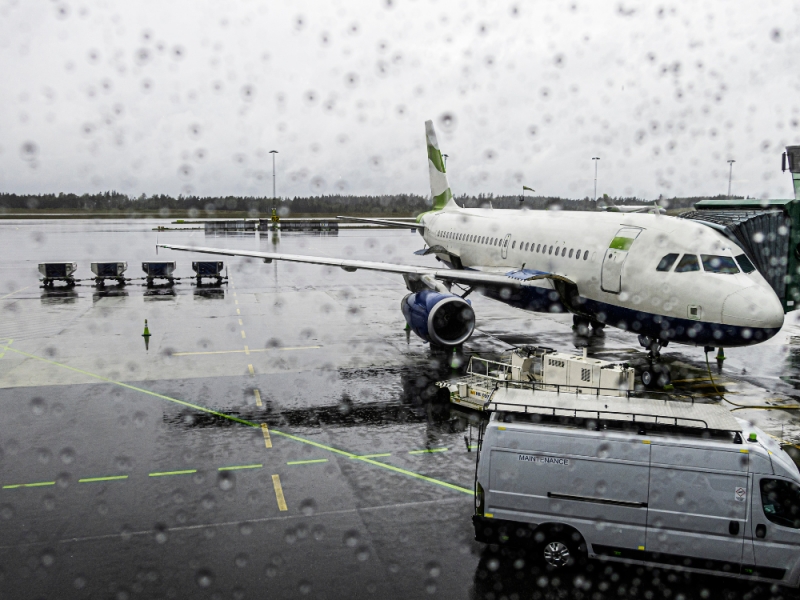
Image credit: Peter Vahlersvik via Canva Pro
Inclement weather — such as thunderstorms, strong winds, and snow — can lead to flight delays or cancellations. Airlines must prioritize the safety of passengers and crew. So if the weather is too severe, they may have to delay or cancel flights.
2. Technical issues
Planes are complex machines with many moving parts; sometimes, things can go wrong. Maintenance issues, such as problems with the engines or other mechanical components, can lead to flight delays. In these cases, the airline may need to repair the issue or bring in a new plane so that the passengers can reach their destination.
3. Air traffic control
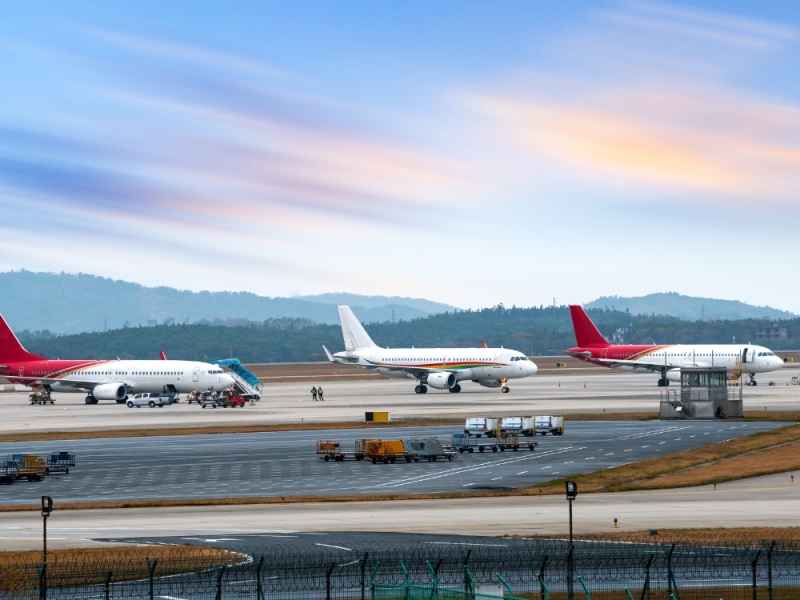
Image credit: WangAnQi via Canva Pro
Air traffic control is responsible for managing the flow of planes in the air and on the ground, and they can sometimes cause delays if there is too much traffic in a particular area. For example, if there is a delay at an airport where several planes are trying to land at the same time, it can lead to a backlog of planes waiting to take off.
4. Staffing issues
Airlines rely on a large number of staff to operate flights, including pilots, flight attendants, and ground crew. Staffing issues, such as strikes or sick leave, can lead to delays or cancellations.
5. Security concerns
If there is a security threat or issue at an airport, it can lead to delays or cancellations as authorities investigate and take necessary precautions.
6. Late-arriving aircraft
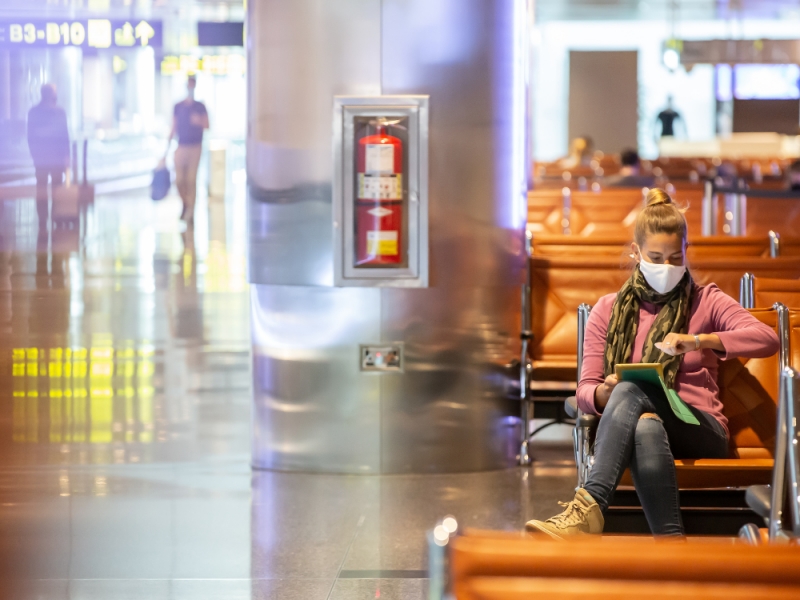
Image credit: exithamster via Canva Pro
If a plane runs late, it can cause delays for the subsequent flights on its schedule. This can be due to various reasons, which as mentioned above, can include weather or technical issues.
7. Overbooking
Sometimes, airlines sell more tickets than there are seats on a plane, hoping that some passengers will not show up. However, if everyone does show up, the airline may delay the flight until they can accommodate all the passengers.
8. Connecting flights
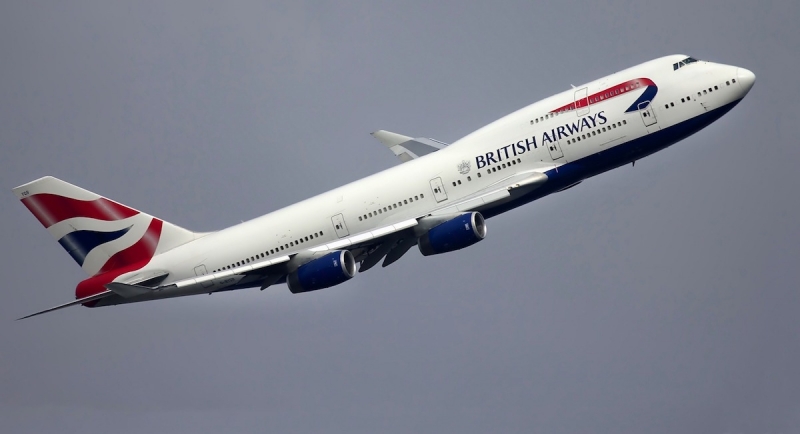
Image credit: bilaleldaou
If a passenger has a connecting flight, a delay on the first flight can cause delays or missed connections on the second flight.
If an airline decides to delay a flight for any of the above reasons, a few things can happen to mitigate the issue:
- The airline may hold the flight at the departure airport until the issue is resolved. Passengers will typically remain at the airport and wait for the flight to depart.
- The airline may decide to cancel the flight if the issue isn’t resolved for an extended period or if it is unsafe to operate the flight. In this case, passengers will typically be given the option to rebook their flights for later or request a refund.
- The airline may decide to divert the flight to a different airport if the weather at the original destination is not expected to improve. This may involve transporting passengers to their final destination by another means, such as by bus or by another flight.
- If the issue cannot be resolved soon, the flight will be significantly delayed. In such cases, the airline might provide accommodations for affected passengers, such as a hotel room, if necessary.
In all of these cases, the airline must inform passengers of any changes to their flights as soon as possible and provide necessary assistance.
If you’re wondering why your flight was delayed, you should first ask the airport staff for information. As a passenger, you have the right to know why you won’t be departing on time.
If the delay causes you to arrive at your destination three hours late or you end up missing a connection as a result, you may be able to request a flight delay certificate as proof. This can be helpful when you file a claim for British Airways compensation or for any other airline, for that matter.
However, it’s worth noting that the information provided by airport staff won’t always be accurate. In some cases, airlines may lie about the cause of a delay to avoid paying compensation.
To better understand what happened, you can do your own research. For example, look into whether other planes were delayed at your departure airport or if there were delays at the arrival airport. This can help you determine if your flight was an isolated case.
Finding access to this kind of information can take time and effort. If you’re left without a proper answer from TUI Airways, for instance, you can always seek TUI flight delay compensation.
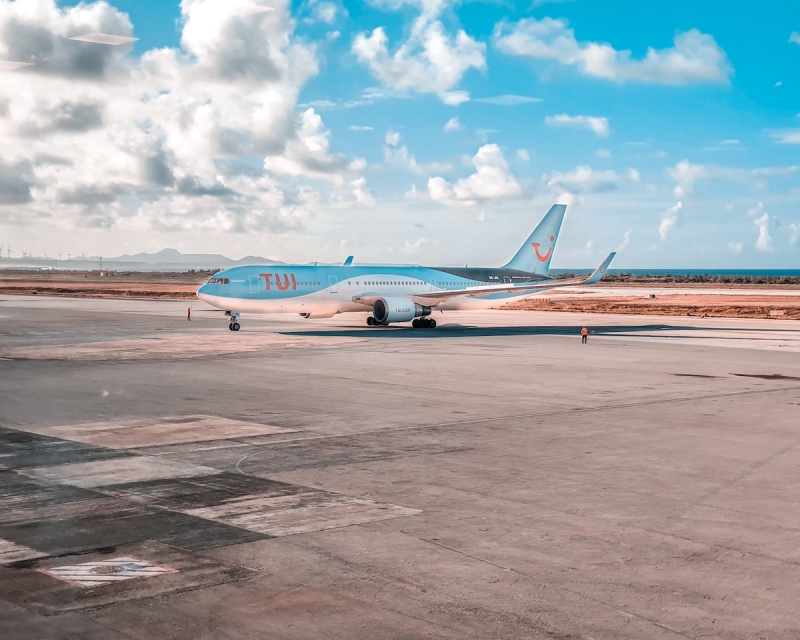
Image credit: Diego Vieira
Flight delay compensation firms like Air Advisor can assist you in obtaining up to US$700 in compensation if your flight has experienced a delay, cancellation, or overbooking within the past three years.
While these are some of the most common reasons for flight delays, many other factors can also contribute to delays. It’s essential to check with the airline and your local airport for updates if you are experiencing a flight delay.





